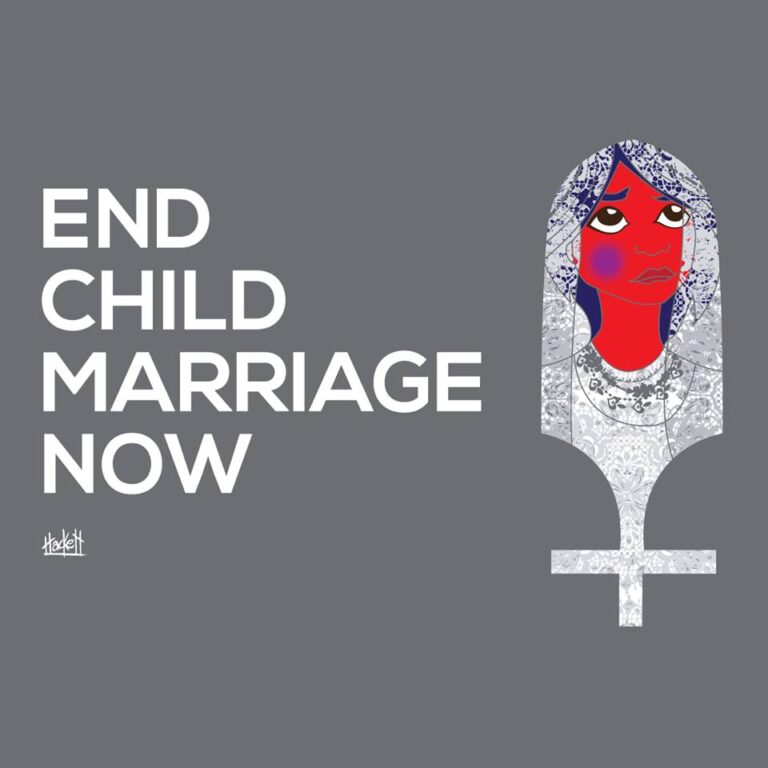Over the course of three-days, yutes and youth development professionals from the insular Caribbean, Haiti/Ayiti, Cuba, Mexico, UK, Canada and Germany united to interrogate the meaning of development and express their aspirations at the SALISES Caribbean Youth Development Conference. I was blessed with the opportunity to deliver the address for Caribbean Youth Day 2015 titled “An Inconvenient Yute: Caribbean Development Omissions, Openings and Opportunities”. In order of gratitude, the surprise standing ovation was third, the ackee I had for breakfast catered by the Conference was second and first was the warmth and solidarity building of yutes from all ends of the Caribbean and beyond that made permanent my promise to invest in the visions and dreams of progressive yutes throughout my beautiful Caribbean home place.
I was born in Trinidad and Tobago and later adopted by the Caribbean. Here are ten (10) reasonings I made among my Caribbean sisters and brothers in lovely Jamaica:
1. The Naming Of Ministries Where Youth Fall Under
“Ministers of youth come and go. It is oftentimes a political “hand out” Ministry that does not receive the legislative and budgetary priorities, as would National Security and Finance. In Belize, you have a Ministry of Education, Youth and Sports. In Jamaica, you have the Ministry of Youth and Culture. In Grenada, you have a Ministry of Youth, Sports and Religious Affairs. What do they all have in common? The titles of Ministries reflect the priorities and governance style of a ruling political regime. What this suggests is that youth are to be accompanied by sporting and cultural activities. They are often seen as raw material talents that require state interventions for the development of sport and cultural outputs. I believe the reality of youth is more complex than this and this portfolio sharing approach oversimplifies the experience of yutes and the scope of youth work required to properly integrate us into the development agenda.”
2. The Ministry Of Youth Should Employ Youth With Skills And Talents At All Levels
“Open the door to most of these Ministries. Yes, they are one of the largest employers of youth in part-time contract work and On the Job Trainees. However, I must contend that this is a hardly imaginative reality. How can you have a ministry of youth when a young public servant answers to Directors in their 40s, a Permanent Secretary in his/her 50s and Minsters who have been blessed with the age of reaching two scores and ten? Lately, there has been a trend in the Anglophone Caribbean to now empower young politicians by allocating Ministries of Youth to them in the cabinet. However, a titular change at the top that is not reflected in the wide-reaching structure is insufficient for the yutes.”
3. The Problems Of Mixing Sport With Youth
“Another grande probleme is that youth and sports are closely associated and always evenly matched. This leads to more hypermasculinist approaches to youth development. Tell me, in which Caribbean country does a Ministry of Youth attack violence among football and cricket teams; bad attitudes in sports; failing grades; and, indiscipline among athletes who underperform and are used for school pride but suffer form post-secondary school shame?”
4. Inequality In Our Schooling Is An Inequality Among The Yutes
“Most of us in this very room here this evening are distinguished alumni of the elite Caribbean secondary schools. What can speak more loudly for social capital at a glance than a secondary school ring? Youth leaders (who receive national attention) largely emerge from elite schools that have given them opportunities and resources to develop professionally and personally. High motivation environments that foster an internal locus of control put us not only in front of the class but also in front of government and the private sector. I am talking about the Presentation College, Queens Royal College, Naparima Girls, Bishop Anstey in Trinidad. I’m talking about the Queen’s College, Combermere and the Harrison College in Barbados; Queen’s college and Bishops’ High School in Guyana; the St Mary’s and St Joseph Convent’s of St. Lucia. I refer to the Immaculate Conception High and Campion College in Jamaica. The inequality of opportunity and dare I say a cultural apartheid that permeates Caribbean society will further leave yutes in the thousands behind until we begin to challenge the unequal status of our schools and improve the resources that go into non-denominational and traditionally prestige schools in order to disrupt the old boys and old girls club that define our regional leadership.”
5. Confronting Privilege In Our Charity And Outreach
“Simply put: If you and your youth group raise funds and make one hundred (100) sandwiches to distribute on one (1) day of the week to one hundred (100) persons as part of your charity drive; do you ever think so far ahead – as Frank Ocean sang – to consider what system do we live in that allows you to give one hundred (100) sandwiches on one (1) day to a person who had none for the week?”
6. The Need For Yutes To Challenge Poverty And Work With The Poor
“Too many times I have seen yutes afraid of poverty and their resume and CV shows evidence to the contrary – they can list on pages upon pages how they have tried to fix it. You cannot be afraid of the poor! Those of us who are not afraid of poverty among others and in our personal lives continue the life long commitment of ending it…you cannot fear poverty if you seek to end it.”
7. Feminism Free De Yutes
“Today, we have wide regional conversations through blogging, one of the greatest successes of this new generation of feminists, by yutes in their corners of the archipelago such as Catch A Fyah, Code Red, Womantra, Diary of a Mothering Worker, to name a few.
Many persons think they know what feminism is and are quick to dismiss it with the gross misconceptions of its history and politics. I tell you, our name may be different but the aim is the same; feminism has been and feminists are advancing the cause of Caribbean yutes and they are the firebrand vanguard of the movement.”
8. Social Media Considerations In Social Organising
“Social media groups are a great facility that organizes us in feedback forums where events, posts, and artwork can be shared to audiences where advertising is too expensive to afford in traditional media or the sizes of networks we reach may be impossible to create in one lifetime. However, a false sense of power on social media and arrogance by page administrators may give an illusion of democratic power and impact. Sitting in on some planning committees for groups, I have listened to persons with more hopes to go viral than express their commitment to social organizing and long-term change. No numbers of Facebook and Twitter posts and shares or retweets substitute for letters to the editor and face-to-face engagements that challenge public opinion. In my experience, politicians respond more quickly to bad press than social media hash tags in the Caribbean. Creating a clicktivism in the Caribbean based on social media presence and democratic participation that is more than social media visibility and likeability is a conversation worth having among yute organizers; grounding social media democracy with the social situations of the people behind the computers is an imperative for strategizing ahead.”
9. History Teaches Us How Difficult Yute Movements Are To Build
“Perhaps, one of the most progressive efforts in Caribbean yute organizing was the New Jewel Movement and its political proposals for the yutes in Grenada. In the manifesto of the NJM, they identified youth and students as ‘workers’ who were either practicing or potentially productive contributors to the economy; thus, they deserved special attention in the development process. Perspectives such as these helped shape my efforts as President of the student government at my university during 2011-2012 when we mobilized most of the tertiary education institutes of our country in a memorandum of understanding to establish a National Students Union of Trinidad and Tobago (NSU TT). One year, later, it would be incorporated as the Tertiary Students Union of Trinidad and Tobago under the leadership of Mr. Jean Luke Atwell. However, it was short lived, too little cooperation between the campuses, the structure of the organization was not finalized and a legacy of insularity and stupidity among student representatives with narrow political ambitions ended this effort.”
10. Developing A Critical Yute Studies And Politics In The Caribbean
“More and more, we have the emerging entrepreneurial ideal founded on the neo-liberal adoption of Caribbean governments that meets the mandate of capitalism more than the dignity of human beings. Our charge is to develop a critical yute studies that disrupts the status quo, bun out the oppression and build up perspectives and possibilities that radically reconstitutes Caribbean society in our social, economic, cultural, and political institutions and mode in everyday life.”
“We can define a Yute studies as a theoretical perspective that explores the exclusion and/or restrictions to equal participation in political, cultural, economic and social life because social structures ignore, make small or do not take into account the contributions of youth.”
“In the Caribbean, to date, in every youth conference, in every policy chat shop, every youth advocacy effort and every youth group we lack a coherent, explicit and accessible language of analysis to explain our oppression, power relations and social situation of yutes.
We need to develop yute studies with the focus of the studies being in and out of the classroom to give us a lens to think about the world, the way it is organized and structured. This lens will reveal to us how every belief we hold is a politics of justice.”

